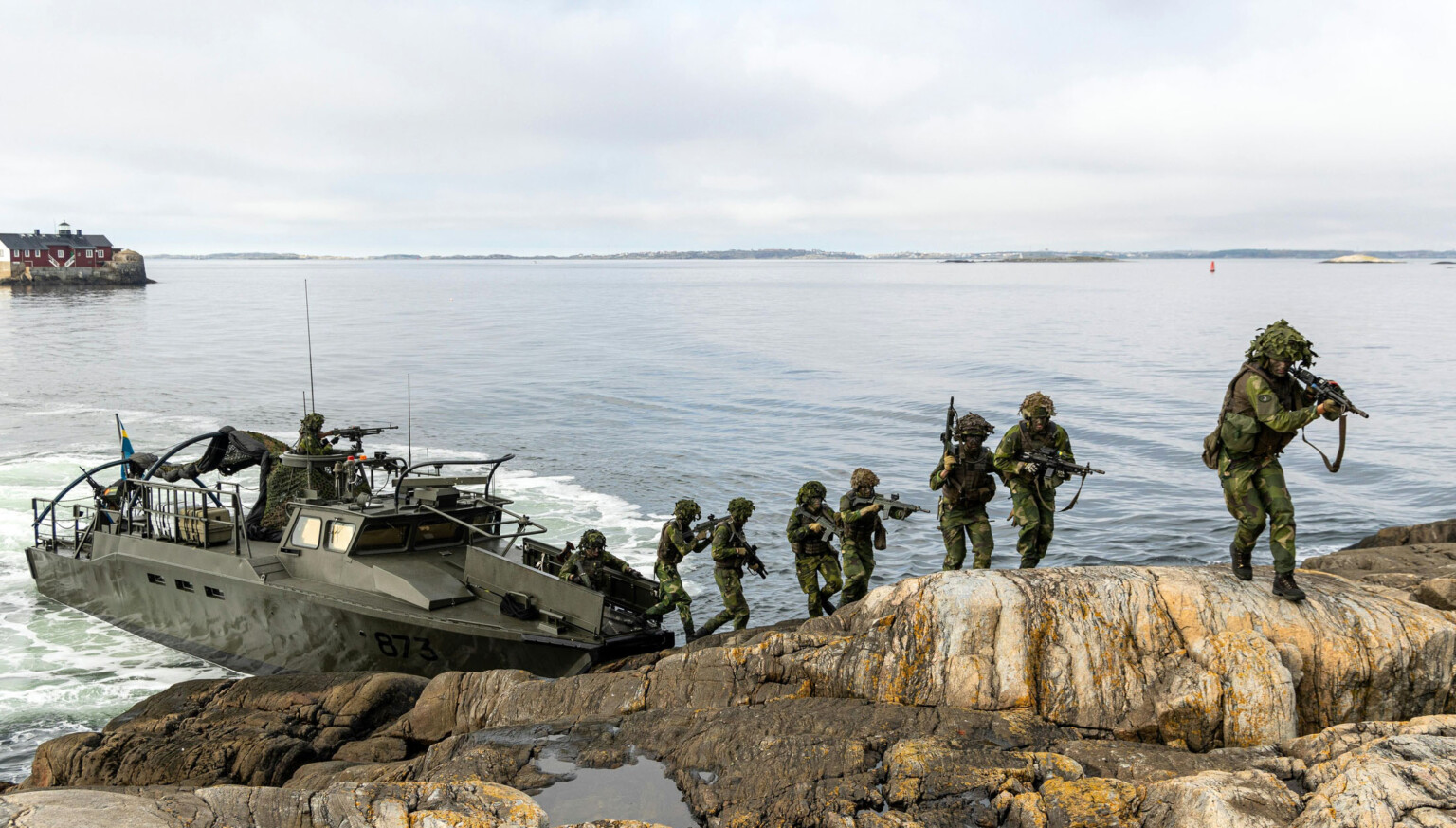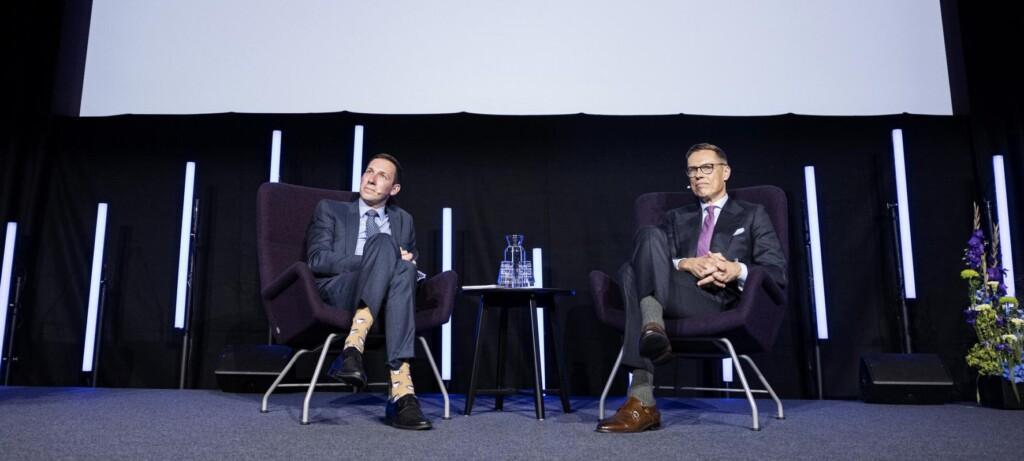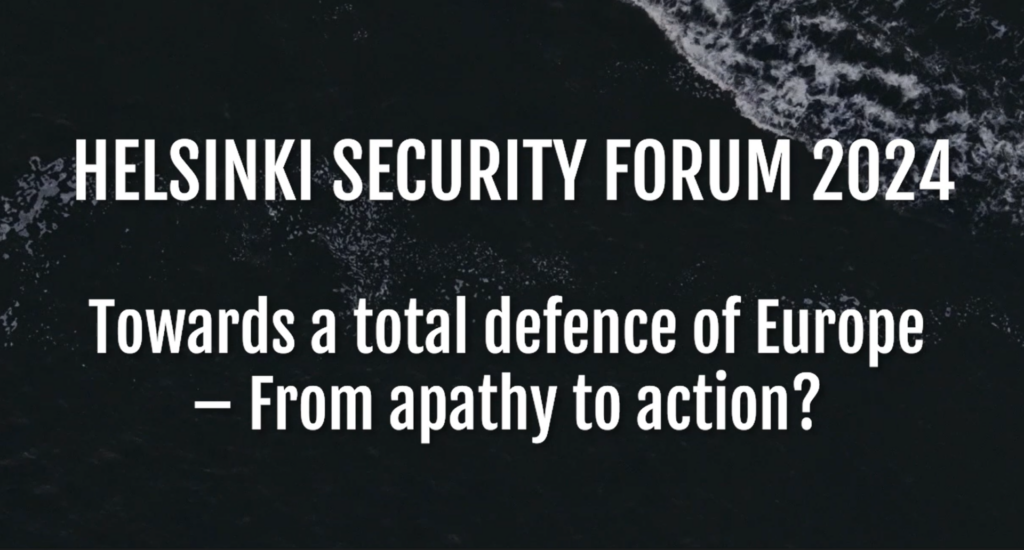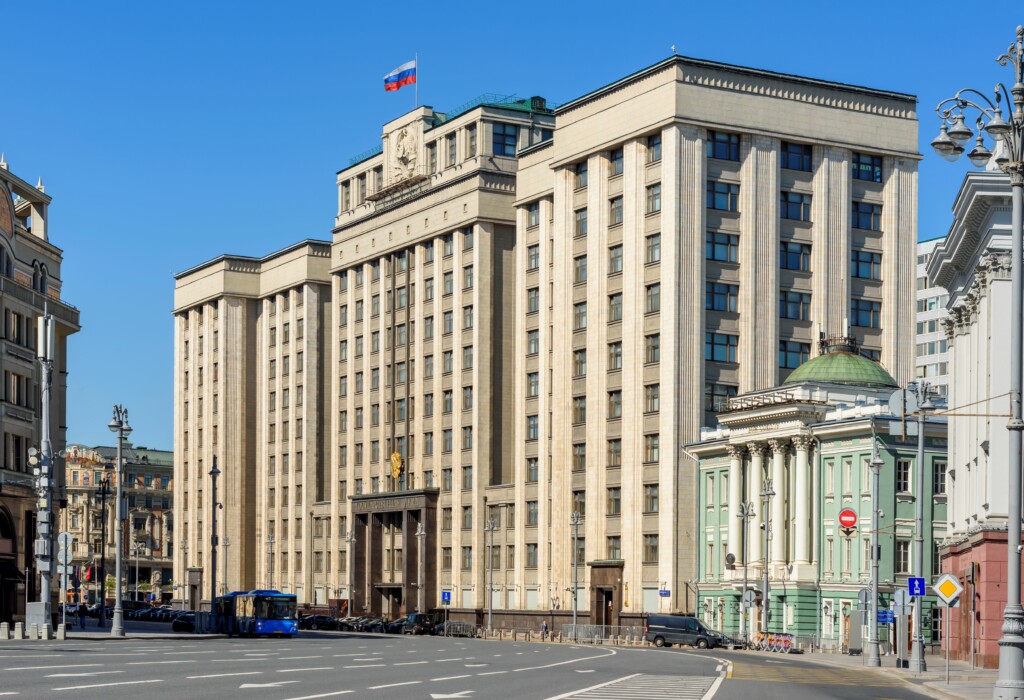Publications

A Stronger European Defence Industry, A Safer Europe
The war in Ukraine has highlighted the vulnerabilities of European security. As conflict rages on Europe’s doorstep, it has become clear that relying solely on diplomatic and economic actions is not enough to ensure peace and stability. Since the outbreak of the war, the European Union member states have intensified their defence procurements while supporting Ukraine by delivering artillery, ammunition, and other defence systems. After two years of continuous support, the EU has recognised significant weakness in its own defence capability.
The crisis has revealed significant gaps in EU’s defence, emphasising the pressing need for a robust and self-sufficient European defence industry. A strong defence sector not only enhances military readiness and strategic autonomy but also strengthens the continent’s comprehensive security by ensuring that Europe can protect its interests and citizens. The war in Ukraine serves as a strong reminder that providing security in Europe requires tangible military capacity, supported by a resilient defence industry.
Even before the current war in Ukraine, there has been a strong will within the EU to reduce its defence dependencies on external powers. France, at the forefront, has been one the longest supporters of the EU’s strong defence capabilities and has even supported the idea of an EU army. This opinion has understandably been impacted by the history of diplomatic relations between France and the United States, which have often been challenging – especially under the administration of Donald Trump. The need for stronger European defence capabilities has become more urgent after Trump was re-elected in the US presidential elections and is set to take office in January 2025.
If the war were to extend and the US became unwilling to support its European allies, how resilient would the EU be?
Understandably, EU and NATO members were concerned about the outcome of the election. During his campaign, Donald Trump repeatedly suggested the possibility of a US withdrawal from NATO and argued that the US should not continue supporting Ukraine in its fight against Russia’s illegal aggression. Such statements raised concerns within the EU, as many European countries rely on US support through NATO. If the war were to extend and the US became unwilling to support its European allies, how resilient would the EU be?
In military defence, according to the logic of deterrence by denial, countries with strong resilience – where both public and private sectors participate in contingency planning – have fewer vulnerabilities. This weakens the opponent’s ability and will to strike against such a nation. Although the responsibility and competence for building resilience largely rests with individual nations, the EU and NATO play crucial roles in supporting these efforts. Building resilience extensively includes the defence industry and procurement. European countries are now facing challenging times, where they need to act fast to tackle the challenges ahead, with or without the support from the US. Investments in the defence industry must be made now in order to strengthen the continent’s resilience.
A strong European defence depends on the freedom to make choices regarding national security, rather than relying on decisions made elsewhere.
Moreover, a strong European defence depends on the freedom to make choices regarding national security, rather than relying on decisions made elsewhere. A key issue in defence procurement is that member states often make their acquisitions without mutual coordination and, in most cases, from outside Europe. According to the European Commission, from the beginning of the war in Ukraine until June 2023, the member states spent over 100 billion euros on defence procurement, with nearly 80% of these purchases occurring outside the EU’s internal market. For example, Finland has procured an anti-aircraft system called “David’s Sling” from Israel and spent 80 million euros on JDAM and SDB I munitions for the F-35 multirole fighter from the US.
Defining the boundaries of competence presents a unique challenge for the EU. To what extent does the Commission influence defence policy decisions made independently by individual member states, especially since these countries are responsible for their own defence procurement? Furthermore, this raises another important question: how much defence procurement should be managed by the EU versus NATO?
At the recent NATO Summit in Washington, the US emphasised the need for Europe to enhance its defence capabilities, particularly in the defence industry. While the EU’s initiatives in this area are welcomed, the focus should remain on fostering strong cooperation with NATO to ensure a cohesive approach to security and defence in Europe. This crucial task falls to the newly elected European Commission, and specifically to the new Commissioner for Defence.
Overall, the EU must take decisive steps to invest in critical areas, such as supporting drone production and financing for SMEs and small mid-caps. Implementing an EU Security of Supply regime is vital for addressing tensions in supply chains and identifying bottlenecks. Continuous support for research into future-proof defence capabilities is crucial to enhance the appeal of the European defence option.
As the war continues on the European continent and the global landscape grows increasingly unstable, promoting these initiatives is imperative. The unpredictable future compels the EU to take immediate action to strengthen its resilience and capabilities for a potential escalation of the war in Ukraine.
Strong and effective defence depends on material readiness, which requires robust and self-sufficient defence industry. This ultimately strengthens the comprehensive security across Europe.
Ida-Susanna Pöllänen is HSF Youth Delegate 2024. Pöllänen works as Management Consultant for Defence Sector at Accenture and is Editorial Secretary of Finnish Foreign and Security Policy Unit at the Ulkopolitist.

HSF 2025 asks ‘The Hour of Europe’: Can the old continent chart a new course for its future?
Helsinki Security Forum 2025 brings experts and decision-makers together to ponder the hard questions and explore Europe’s path forward.

Helsinki Security Forum 2024 addresses the need for European total defence
The third annual Helsinki Security Forum (HSF) will be held on 27–29 September 2024. This year’s conference is titled Towards...

for HSF Blog
Rejecting Russian Spheres of Influence
The EU has rejected the language of spheres of influence in favour of an international order based on common rules...

About the author
Ida-Susanna Pöllänen
HSF Youth Delegate
Ida-Susanna Pöllänen is HSF Youth Delegate 2024. Pöllänen works as Management Consultant for Defence Sector at Accenture and is Editorial Secretary of Finnish Foreign and Security Policy Unit at the Ulkopolitist.